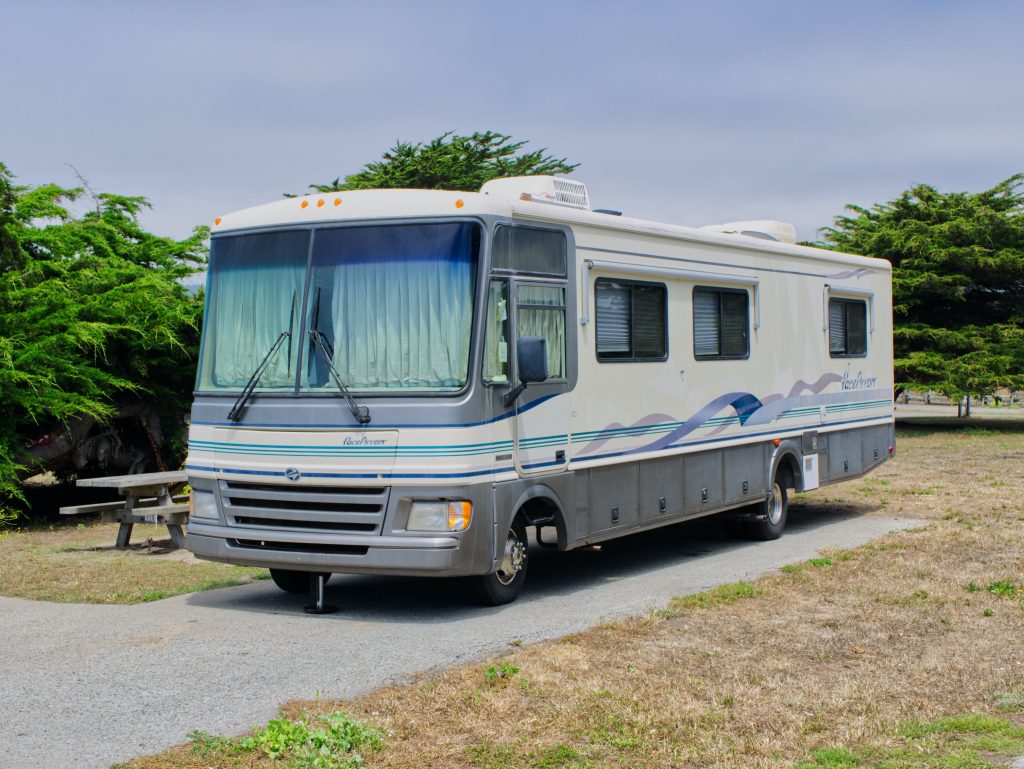
Living in an RV full-time is an increasingly popular lifestyle choice for many individuals and families. It offers the freedom to travel, explore, and experience new adventures while enjoying the comforts of home on wheels. However, before embarking on this lifestyle, there are several factors to consider.
Financial Considerations
One of the first things to assess is your financial situation. Living in an RV full-time can be more cost-effective than traditional housing, but it still requires careful budgeting.
Living in an RV full-time can also present potential tax benefits. As an RVer, you can declare your RV as your primary residence, which might allow you to deduct part of its cost and the interest on your loan if you purchased your RV with a loan. This is similar to the way a homeowner can deduct part of the cost and interest of their mortgage.
You may also be able to write off certain expenses related to your RV as home expenses, such as utilities, insurance, and maintenance costs. However, you must be using your RV as your primary residence for these to apply. Additionally, the laws surrounding these deductions can be complex and vary from state to state, so it’s important to consult with a tax professional or a certified public accountant who understands the specifics of full-time RV living to ensure that you’re compliant with all tax laws and regulations and that you’re taking full advantage of any potential tax benefits.
Consider expenses such as RV purchase or rental, maintenance, campground fees, fuel, and insurance. It’s important to have a realistic understanding of your income and expenses to ensure a comfortable and sustainable lifestyle.
Choosing the Right RV
Selecting the right RV is crucial for full-time living. There are various types of RVs available, including motorhomes, travel trailers, and fifth wheels. Fifth wheels and Class A motorhomes are generally larger in size and will provide a much more comfortable living quarters. Also consider the layout of your RV and some amenities like an outdoor shower or kitchen to offer some flexibility when cooking or showering. It’s also essential to research reputable manufacturers and dealers to ensure you invest in a reliable and well-built RV.
Planning for Essentials
Living in an RV full-time requires careful planning for essential needs such as water, electricity, and waste disposal. Many RV parks and campgrounds provide hookups for these utilities, but if you prefer a more off-grid experience, you may need to rely on alternative solutions such as solar panels, generators, and water tanks. Other important items to have for the vehicle are tire pressure gauge, portable air compressor, safety kit, jumper cables, etc..
Legal Considerations
Before committing to full-time RV living, it’s important to understand the legalities and regulations surrounding this lifestyle. Familiarize yourself with local zoning laws, campground regulations, and any permits or licenses required for long-term stays. Additionally, consider your domicile state for legal and tax purposes.
Embracing Minimalism and Downsizing
Living in an RV full-time often requires downsizing and embracing a minimalist lifestyle. RVs have limited storage space, so it’s necessary to declutter and prioritize your belongings. Embracing minimalism can bring a sense of freedom and simplicity to your life on the road.
Community and Connectivity
While living in an RV full-time can offer incredible freedom and solitude, it’s also essential to nurture a sense of community and maintain social connections. Many RV parks and communities organize social events, allowing you to meet fellow RVers and share experiences. Additionally, staying connected with friends and family through technology and online communities can help combat feelings of isolation.
Adapting to Change
Living in an RV full-time requires adaptability and flexibility. You’ll encounter different climates, landscapes, and challenges along the way. Embracing change and being open to new experiences will enrich your journey and make the most of this unique lifestyle.
In conclusion, living in an RV full-time is a viable option for those seeking adventure, freedom, and a simpler way of life. However, it’s important to consider the financial aspects, choose the right RV, plan for essential needs, understand legal considerations, embrace minimalism, nurture community and connectivity, and be adaptable to change. By doing so, you can embark on an incredible journey of full-time RV living.
If you are looking to buy a used RV, check out the used RVs listed for sale at RecNation. Each RV is checked for quality, professionally cleaned, and managed by our team of experts who are available to answer any questions you may have.
